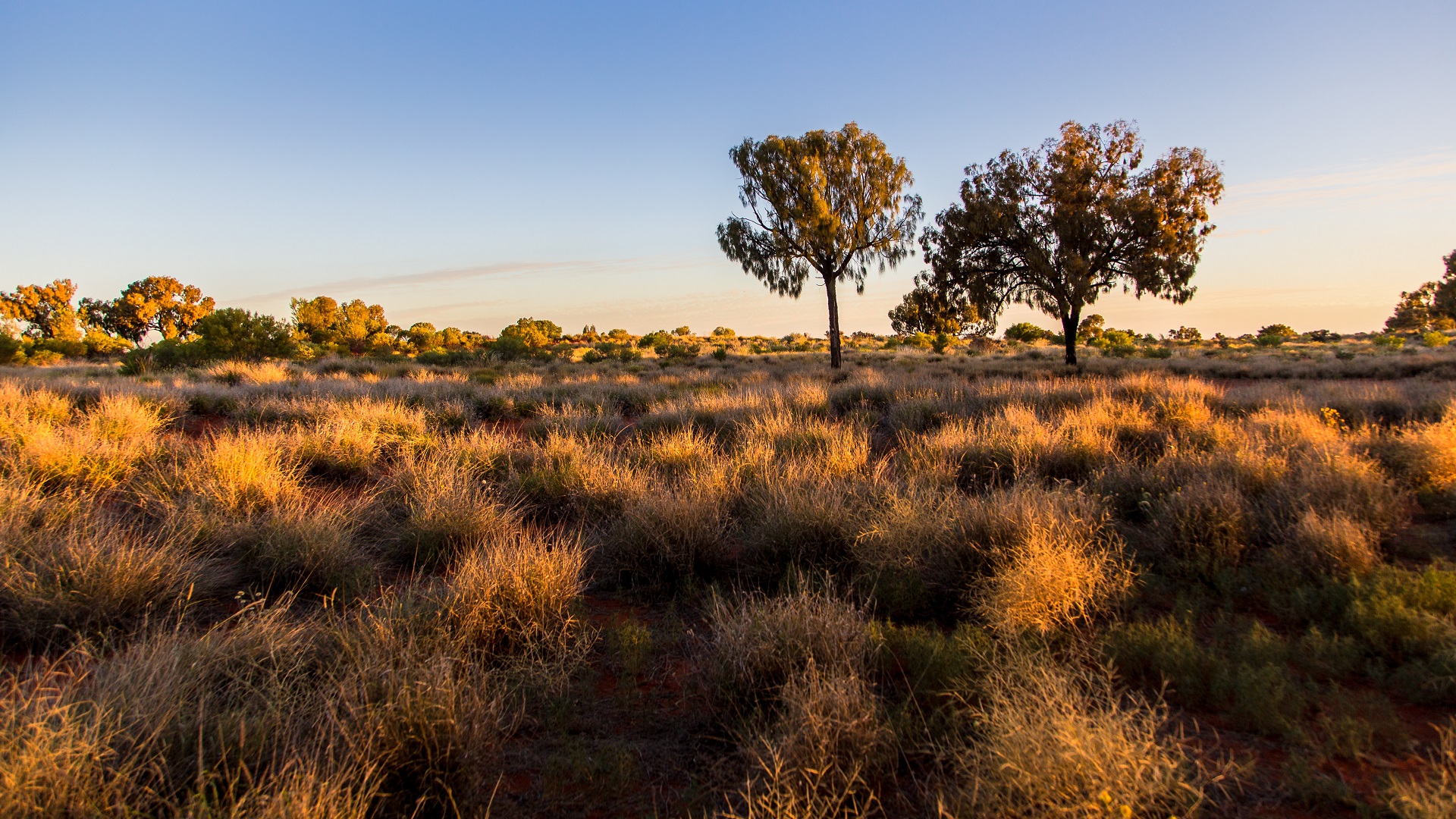
Publication
Generative AI: A global guide to key IP considerations
Artificial intelligence (AI) raises many intellectual property (IP) issues.


Australia | Publication | January 16, 2020
On 27 December 2019, the Queensland Government announced that applications for the first round of funding from its $500 million Land Restoration Fund (Fund) will open on 28 January 2020. Through the Fund, the Queensland Government will invest up to $100 million in carbon farming projects in 2020, with two application intakes:
The Queensland Government website states that “carbon farming is an integral part of [its] response to climate change”, and acknowledges that the Fund will help to achieve the Queensland Government’s policy of reducing carbon emissions by at least 30 per cent on 2005 levels by 2030, and reaching zero net emissions by 2050.
The Queensland Government also recognises that diversifying income streams is a priority in rural Queensland. A key objective of the Fund is to provide landholders and land managers with financial support to establish additional, regular income streams. According to the Queensland Government website, farmers are “on the front line when it comes to climate change” and “[c]arbon farming will allow people to keep jobs and/or stay working on properties that might not have been viable, without the additional income stream generated from carbon farming”.
Existing federal framework
The Fund dovetails with the Federal Government’s existing climate change policy, known as the Carbon Farming Initiative. This means that carbon farming projects will need to register to generate Australian Carbon Credit Units (ACCUs) under the existing legal framework in order to access the Fund.1 As a result, all of the existing requirements for an eligible carbon farming project will need to be met to ensure eligibility for the Fund.
The Fund is specifically intended to support the development of land-sector projects that utilise the following methods approved under the Carbon Farming Initiative framework:
The Fund will do this by entering into long-term purchasing agreements for ACCUs with proponents and purchasing a specified number of ACCUs, and separately paying an annual sum in return for demonstrated progress in relation to project co-benefits milestones (and the level of security offered for their long-term continuation).
Additionality of “co-benefits”
Any proposed carbon farming project will need to deliver environmental, social and/or economic “co-benefits” which are unlikely to have occurred without the Fund’s investment.
Co-benefits are secondary benefits (in addition to sequestering or avoiding the release of greenhouse gasses) associated with the carrying out of a carbon farming project. Examples of relevant co-benefits may include improving the health of waterways, increasing habitat for threatened species, and contributing to more resilient landscapes. The applicable ‘Co-benefits Standard’ which will apply is available here.
For the Land Restoration Fund’s 2020 investment phase, the priorities for investment and co-benefits are:
Participants in the Fund may receive the following funding and regular income from the Queensland Governments in relation to their carbon farming projects:
Participants may elect to sell all or only some of the ACCUs generated by their project to the Fund. Any ACCUs that are not sold to the Fund, can be sold to the Federal Government under the Climate Solutions Fund.2
In addition, the Queensland Government notes that regenerative farming activities carried out in accordance with the approved carbon farming methods may increase the productivity of the land on which the project/s are established.
The ‘Investment Application Guideline’ which sets out the eligibility requirements to participate in the Fund are available here. In addition, a carbon abatement calculator tool is available here to assist landholders to assess options and opportunities for participating in the Fund.
From mid-January, applicants can “pre-qualify” to be eligible for reimbursement for professional services to help with applications. This includes legal or project support of up to $10,000 for professional advice.
If you would like more information about the Fund, please contact us for details of the industry briefing event to be hosted by the Carbon Market Institute in conjunction with the Queensland Government’s Department of Environment and Science. The event will be held in Brisbane on 28 January 2020.
The Queensland Government has also flagged that it hold regional workshops starting in February 2020. The confirmed locations for these workshops are currently Warwick, Roma, Gympie, Biloela, Emerald, Charters Towers, Mt Isa, Mt Surprise and Longreach.
Please contact us if you would like to discuss this opportunity further.

Publication
Artificial intelligence (AI) raises many intellectual property (IP) issues.
Publication
We are delighted to announce that Al Hounsell, Director of Strategic Innovation & Legal Design based in our Toronto office, has been named 'Innovative Leader of the Year' at the International Legal Technology Association (ILTA) Awards.
Publication
After a lacklustre finish to 2022 when compared to the vintage year for M&A that was 2021, dealmakers expected 2023 to see the market continue to cool in most sectors, in response to the economic headwinds of rising inflation (with its corresponding impact on financing costs), declining market valuations, tightening regulatory scrutiny and increasing geopolitical tensions.
Subscribe and stay up to date with the latest legal news, information and events . . .
© Norton Rose Fulbright LLP 2023